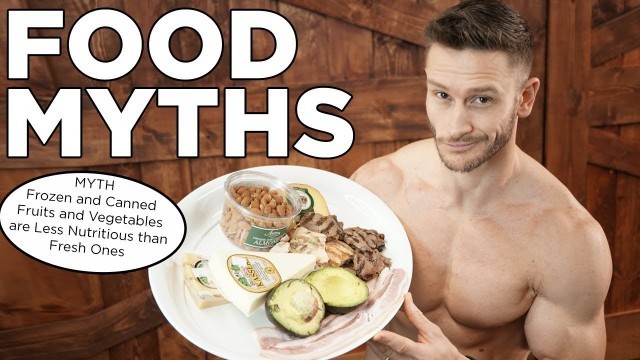

'Click Here to Subscribe: http://Bit.ly/ThomasVid Get My Special Fan Discount on Grass Finished Meat Delivered Directly to Your Doorstep Here: http://butcherbox.com/thomasdelauer Website: http://ThomasDeLauer.com Popular Food Myths Debunked: Thanksgiving Food Coma- Thomas DeLauer… Tryptophan: So the myth is that turkey has a lot of a chemical known as tryptophan - it\'s an amino acid that is a precursor for the brain chemicals serotonin and melatonin But there is no more tryptophan in turkey than in other common meats like chicken and beef - other foods, including nuts and cheeses, contain more So people think that when you have a lot of turkey that makes you tired because of all the tryptophan that you\'re eating gets produced into serotonin and melatonin and then it makes us fall asleep Serotonin gets converted to melatonin in the pineal gland and melatonin is responsible for regulating your sleep and wake cycle The Truth: That\'s actually not true, the reason why we tend to be tired after we have a large meal at Thanksgiving is simply because of the amount of food that we\'re having we have what\'s called postprandial fatigue (postprandial somnolence), which is basically after you\'ve had a big meal your body goes into shutdown mode and sleep gets promoted Reasons for Postprandial Fatigue: Thanksgiving meals are typically heavy in carbs, which help transport tryptophan across the blood brain barrier - so tryptophan could play a role in that sense, but the main reason is largely due to blood sugar spikes Carbs & Insulin: Simple carbs, such as cane sugar and high-fructose corn syrup, cause your blood sugar to spike up more rapidly than slower-moving complex carbohydrates, prevalent in starchy vegetables and whole grains The rapid spike from eating simple carbs, particularly in excess or without other foods, can cause your blood sugar to plummet back down, leading to that groggy crashing feeling And with Thanksgiving, the larger the meal, and the more carbs and proteins it contains, the higher the blood sugar spikes - more insulin is produced as a result This, however, is not limited to sugar - many of these insulin receptors are in the hypothalamus, a region of the brain controlling various aspects of the nervous and endocrine systems Orexin: Orexin, a neurotransmitter produced by specialized neurons, is believed to be a stimulant that promotes wakefulness As it happens, orexin neurons in the hypothalamus are inhibited by insulin - the bigger the meal, the more glucose there is in the blood, more insulin is produced, which reduces the production of orexin, and lethargy ensues At the same time, insulin also exerts positive control over sleep in the hypothalamus by stimulating production of the Melanin Concentrating Hormone (MCH) MCH, like orexin, also helps to regulate sleep and wakefulness, but unlike orexin, MCH promotes sleepiness In sum, a large meal induces sleepiness from two directions, by stimulating processes that encourage sleep (MCH) and reducing those that encourage wakefulness (orexin) Additional: Sleepiness after a Thanksgiving meal can also be down to our body’s circadian rhythm Explains the natural biological clock that induces sleep at 2:00 AM to 4:00 AM and again between 2:00 PM and 4:00 PM in the case of adults It has to do with a dip in your core body temperature - right before you go to sleep at night, your core temperature begins to drop, which is a signal to the brain to release melatonin The exact same thing happens on a smaller scale between 2 and 4 in the afternoon - it\'s a mini-signal to your brain to get sleepy References: 1) Orr WC , et al. (n.d.). Meal composition and its effect on postprandial sleepiness. - PubMed - NCBI. Retrieved from https://www.ncbi.nlm.nih.gov/pubmed/9284488 2) The Science Behind The \'Food Coma? (n.d.). Retrieved from https://www.dovemed.com/healthy-living/wellness-center/science-behind-food-coma/ 3) Food Coma? Here\'s Why You Get Sleepy After You Eat. (2017, December 21). Retrieved from https://curiosity.com/topics/food-coma-heres-why-you-get-sleepy-after-you-eat-curiosity/ 4) Engle, G. (2015, February 11). The 2:30 Feeling: Science Explains Why You Get So F*cking Tired Midday. Retrieved from https://www.elitedaily.com/life/230-feeling-science-explains-get-fcking-tired-midday/933380 5) Why You Shouldn\'t Schedule Anything Important For 2 P.M. (2017, August 25). Retrieved from https://www.simplemost.com/science-explains-the-2-p-m-slump/ 6) Wells AS , et al. (n.d.). Influences of fat and carbohydrate on postprandial sleepiness, mood, and hormones. - PubMed - NCBI. Retrieved from https://www.ncbi.nlm.nih.gov/pubmed/9145937'
Tags: Weight loss , fat loss , intermittent fasting , keto diet , Thomas DeLauer , thanksgiving dinner , food myths , food coma , postprandial somnolence , sleepy after eating , Popular food myths , food myths debunked , food myths busted , thanksgiving myth , does turkey make you tired , top food myths , truth about thanksgiving , turkey myth , tryptophan turkey , turkery tryptophan myth , thanskgiving debunked , postprandial fatigue , why do you feel sleepy after eating , sleepy after thanksgiving
See also:

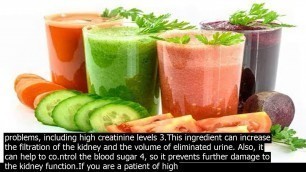
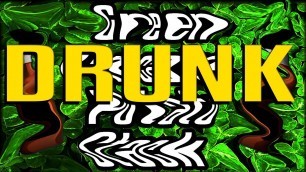
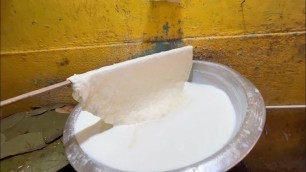
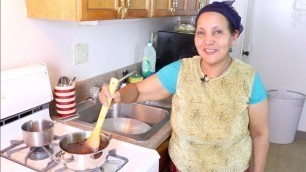
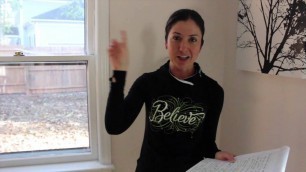
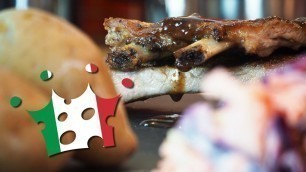


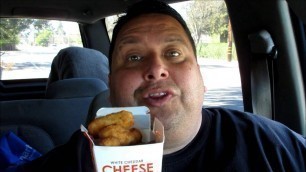
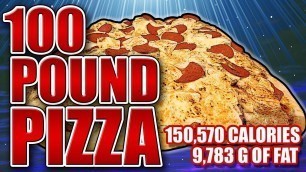
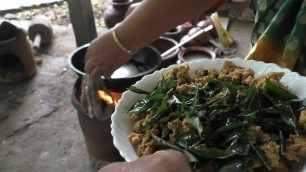

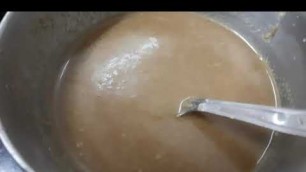

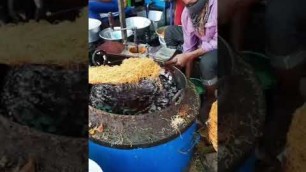
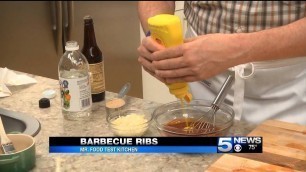
comments